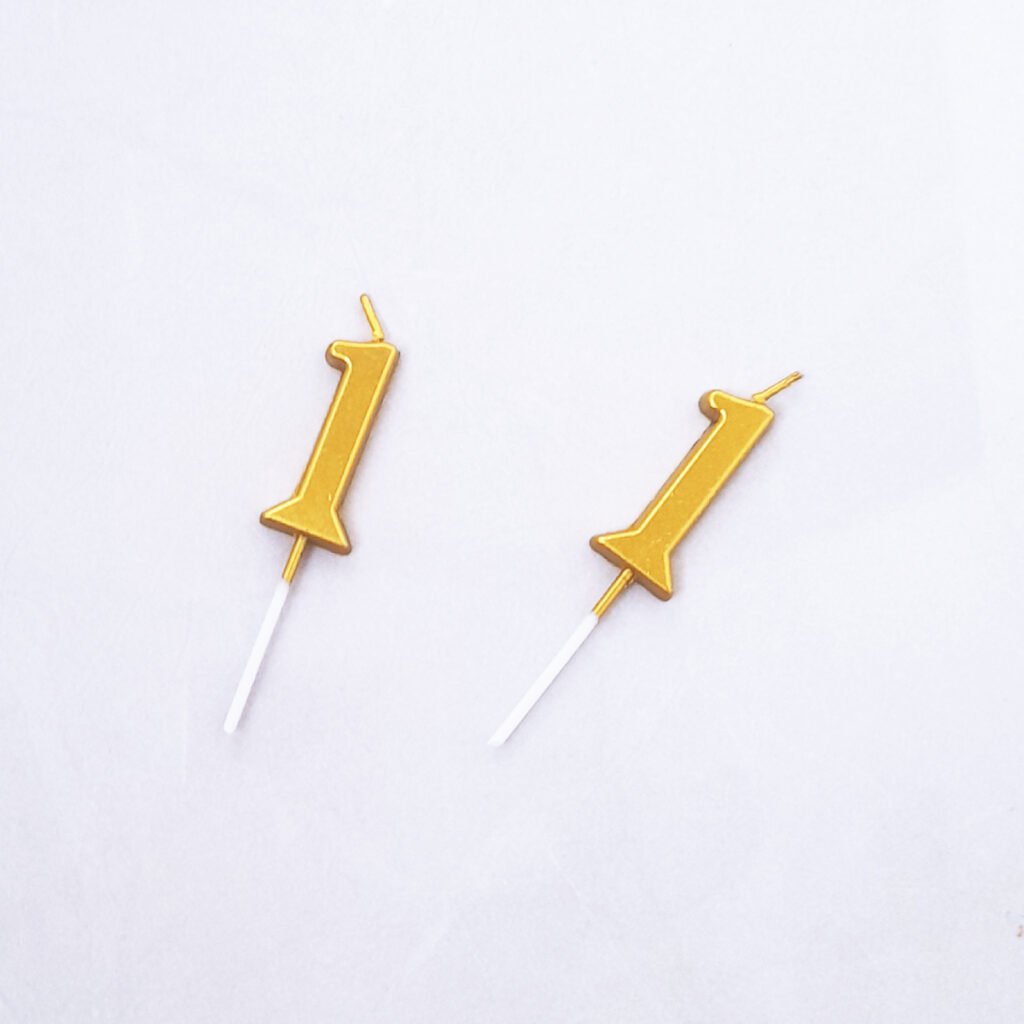articles
China Elevator Stories
The Masters of Chaos
The masters of chaos are people who create chaos in other people’s lives.
15/06/2025

Ruth Silbermayr
Author

In life, certain individuals seem inherently opposed to order, harmony, and structure. These are the people I refer to as the masters of chaos. They are not merely disorganized or absentminded. They are those who, when a task clearly requires four sequential steps to be completed in a specific timeframe and logical order, will either cut the process short, skip essential steps, or derail the flow entirely by introducing distractions that are irrelevant, unnecessary, and sometimes never meant to be completed at all.
What defines a master of chaos is not the occasional oversight, but a repeated, compulsive inability—or refusal—to acknowledge the natural progression of things. Instead of following the logical order of 1, 2, 3, 4, they might decide to do 1 and 3, omitting 2 and 4 altogether. Or they may rearrange the process entirely, executing it as 2, 1, 4, 3, without any regard for the integrity or quality of the outcome. The result is dysfunction, disarray, and a degradation in the quality of work and life.
These individuals then often express confusion or even resentment when others express frustration. They seem genuinely perplexed as to why their disorderly behavior is disruptive. Yet, for those of us who are sensitive to structure and attuned to harmony, such interference is more than irritating—it is destabilizing.
When life already demands the navigation of multiple responsibilities, the interference of a master of chaos can turn a manageable situation into an overwhelming one. They do not support; they sabotage. They do not contribute; they obstruct. Their “assistance” often becomes a vehicle for gaslighting, where your sense of competence is undermined as they insist their interference is necessary, even as it creates disorder. They introduce confusion and refuse to clean up the emotional, physical, or energetic mess they’ve caused.

I must acknowledge my own disposition here: I live with a degree of perfectionism, as do many other people my generation. I am also a highly sensitive person. This means I require a calm and orderly environment to sleep, to work, to feel well. Things being out of place, or cluttered all over the place, or objects constantly moving (since some people don’t have the ability to put objects into their rightful place and keep them there, or put them back after using them) is certainly not one of my favorite things to deal with over and over again.
That said, I do not live in rigid fear of germs, or feel the need to have everything point towards north in a 30-degree circle, or have everything be the same color, or have no dirt in my home at all, or collapse under routine fluctuations of life. I simply find peace, clarity, and efficiency in environments that follow a certain natural logic. I value the alignment of things—their balance, their rhythm.
The same is the case with people—people who aren’t where they should be, who are in the wrong space (such as yours, when they should stay in their flat, not appear in yours repeatedly when it isn’t theirs), or people who are in the wrong position in the natural hierarchy of where every person is supposed to stand.
Children, of course, are expected to explore, to create a certain amount of mess. That is natural and often essential to their development. But when fully grown adults continually introduce chaos into your life and then deny their role in it—claiming superiority in knowing how things “should” be done, despite a lack of real-world evidence for such claims—the stress can become unbearable. It places a highly sensitive person in a state of constant hypervigilance, where even routine tasks can feel daunting if interference is expected.

It is particularly infuriating when this interference is uninvited. Imagine, for instance, that you have carefully maintained a clean, structured blog. Then someone logs in without permission, alters your code, duplicates your images or deletes them, deletes essential links, or interferes with the search engine visibility. They turn your clean digital space into a fragmented, chaotic mess. That, in essence, is what these individuals do—not only in the digital realm, but in your home, and your work.
I do not consider myself overly rigid. I simply believe in my right to maintain a space—mental, physical, or digital—that is clean, orderly, and free of unwanted interference or disruption. I believe this is a basic expression of respect for personal boundaries and autonomy.
Chaos, in its most harmful form, begins in the minds of those who refuse to confront their own dysfunction. Instead of tending to their inner disorder, they externalize it, pushing it onto others. They get lost in irrelevant details, miss the essence of things, and misjudge what truly matters. Often, they cannot distinguish between what is necessary and what is merely noise. In this way, their chaos is like a virus—unnoticed by them but felt deeply by those around them.
And if the master of chaos happens to exhibit narcissistic tendencies, the situation worsens. Not only will they fail to acknowledge the damage they cause, but they will actively deny it, shifting blame and manipulating perception. They will undermine your sanity by refusing to take accountability for the very disorder they bring into your life.
If something belongs to me—be it a personal item, a home, or a piece of work—I believe it is within my right to expect it to remain free of another person’s chaotic energy. I want privacy. I want sovereignty over my space. And I want to be free from unconscious behavior that leaves a trail of emotional, mental, or physical clutter behind.
Importantly, I am not referring to how these individuals live in their own homes or handle their own lives—that is their business. My concern begins when their dysfunction intrudes upon my space and undermines my right to peace and stability.
The chaos they bring originates in their own inner world, and that is where it must be addressed. If it did not begin in my mind, it is not my responsibility to resolve. No one has the right to offload their unresolved issues onto others under the guise of help, advice, or good intentions.
As a highly sensitive individual, I experience the world in a way that many do not. I feel energy, emotion, and disorder on a visceral level. When someone fails to deal with their own issues, neglects to clean up after themselves—emotionally or otherwise—and expects me to absorb or rectify their chaos, it becomes deeply taxing.
I can feel when things are out of alignment or when they are not in balance. There is a natural order to all things—a harmony, a sequence, a center. When that order is disrupted, the imbalance resonates deeply. Some people are simply unaware of this. They lack the sensitivity or consciousness to perceive how their actions ripple outward into the lives of others. But that does not make the disruption any less real.
When a task is meant to be done in the order of 1, 2, 3, 4, and I am left to do it on my own with clarity and space, I can do it well. But if someone constantly interferes—changing the order, adding unnecessary elements, or pressuring me to adapt to their disorganized approach—then even the simplest task becomes unbearable. The masters of chaos, in my experience, often behave like emotional infants—lacking awareness of the structure required to do things effectively.
Some of these individuals go further, breaking your belongings, creating catastrophes through inappropriate behavior, or even being emotionally or physically abusive. They leave no space for peace. They occupy your world with noise, drama, and disruption, refusing to allow you simply to exist in your own quiet energy.
This is why I need calm. I need structure. I need an environment where things follow their natural rhythm and form. This is not about artificial rules created by people. It is about the inherent natural order that exists in all things. When this order is respected, life flows. When it is violated, we suffer.
The Chinese studied this natural order and called it the Dao—“the Way”—which teaches that there is a natural rhythm, a flow, and a balance to all things. The Dao is not about forcing outcomes or imposing rigid rules, but about aligning with the wisdom inherent in nature. To live in harmony with the Dao is to honor natural progression, the unfolding of events, and the quiet wisdom that underlies how things are best done.
Have you ever had your flow disrupted by a master of chaos?